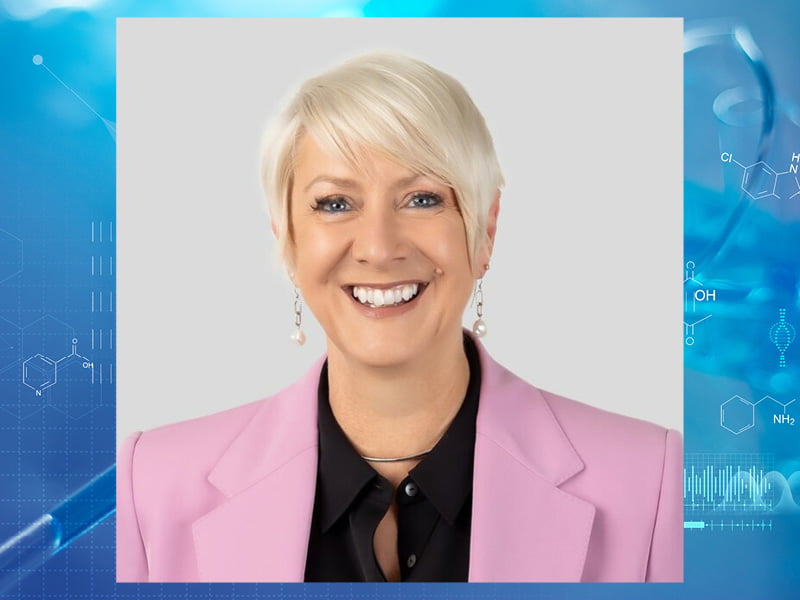Helping companies see the benefit of being commonly understood is the essence of ensuring a comparable environmental, social and governance (ESG) practice for biotechs and medtechs.
This provided the impetus for sector stronghold AusBiotech’s development of the world-first guideline: A Practical Guide to ESG for Australian Life Sciences Companies.
“It’s the notion of being comparable, in the sense that an investor can see what company A is doing around ESG and determine how company B compares to that,” said AusBiotech chief executive Lorraine Chiroiu said.
From an investment perspective, Ms Chiroiu was alerted to “an explosive growth of venture capitalist-led ESG reporting guidelines.”
Two major levers emerged: the legislation for values alignment and mandating potential for global governments. Even more tellingly, the available resources were disparate and non-specific to either the sector or small to medium-sized companies.
This was critical to AusBiotech seizing the reins for the guide’s development — given that the majority of the Australian sector is in the SME category, with most pre-revenue and often pre-clinical in nature.

“They’re early-stage organisations that don’t necessarily have the internal resources for a dedicated person to be working on their ESG,” Ms Chiroiu said.
A divergence between large companies with ESG resources and their reporting capability, and the capabilities of small companies, was the desired outcome.
“It was very important for us to empower SMEs in the (biotech) sector who are heavily dependent on investment and venture capital to start their ESG journey,” Ms Chiroiu said.
That’s because ESG is about a shared set of values, which has become increasingly important on two levels: one is the need for a common parameter to understanding corporate behaviour; the other is the societal expectation of organisations as they grow and develop, Ms Chiroiu added.
“This is particularly important to investors who, for many years, have sought to place their investments where there is societal good, or at least ethical behaviour. That starts with the best use of their funds for corporations, but flows on to ensuring they are supporting behaviours that align with their broader values.”
AusBiotech’s ESG Guide found that 93 per cent of small capitalisation companies in Australia are not reporting on ESG, thereby missing out on opportunities to differentiate themselves within the market and in the eyes of potential investors and other stakeholders.
“This is not an easy journey to start for small companies — and starting anywhere along the continuum is a good thing to do,” Ms Chiroiu said.
The culmination of 12 months’ expert input from large companies, consultancies and SME biotech companies, the ESG Guide covers the gamut of implementing an ESG strategy.
Key areas include climate change, energy and waste reduction initiatives, consumables and natural resources use, pharmaceuticals in the environment, sustainable workplace initiatives, and emissions reduction. Measurable metrics and tools also help to put theory into practice.
“During the consultation process, the consensus was that (the guide) was an excellent resource that was going to be very supportive of the industry. And then through my work at an international level, I discovered that it was going to be a world first,” Ms Chiroiu said.
“Furthermore, the worldwide SME biotech space is very interested in this Australian-led resource, because it’s applicable across jurisdictions.”
AusBiotech emphasises that irrespective of the level of ESG maturity within a company, a commitment to even the smallest improvements can have a significant impact.
“I hope the guide will help each and every biotech company start its ESG journey and progress along the development guidelines to the exemplars of the larger companies in our sector, like Cochlear and CSL,” Ms Chiroiu said.
“But I’d also like to see ESG reporting that is comparable between organisations.”
This article was produced by InnovationAus.com in partnership with AusBiotech.
Do you know more? Contact James Riley via Email.
